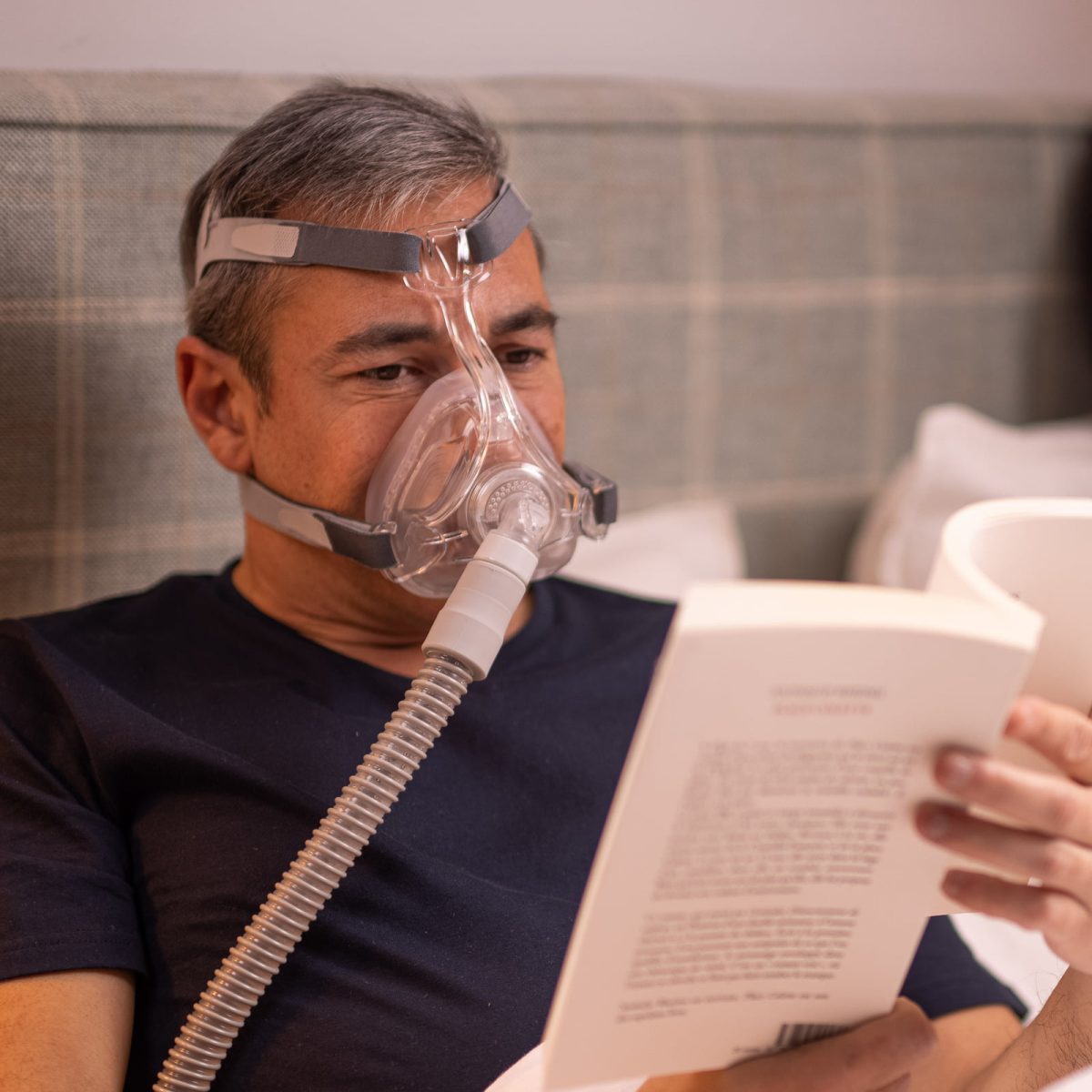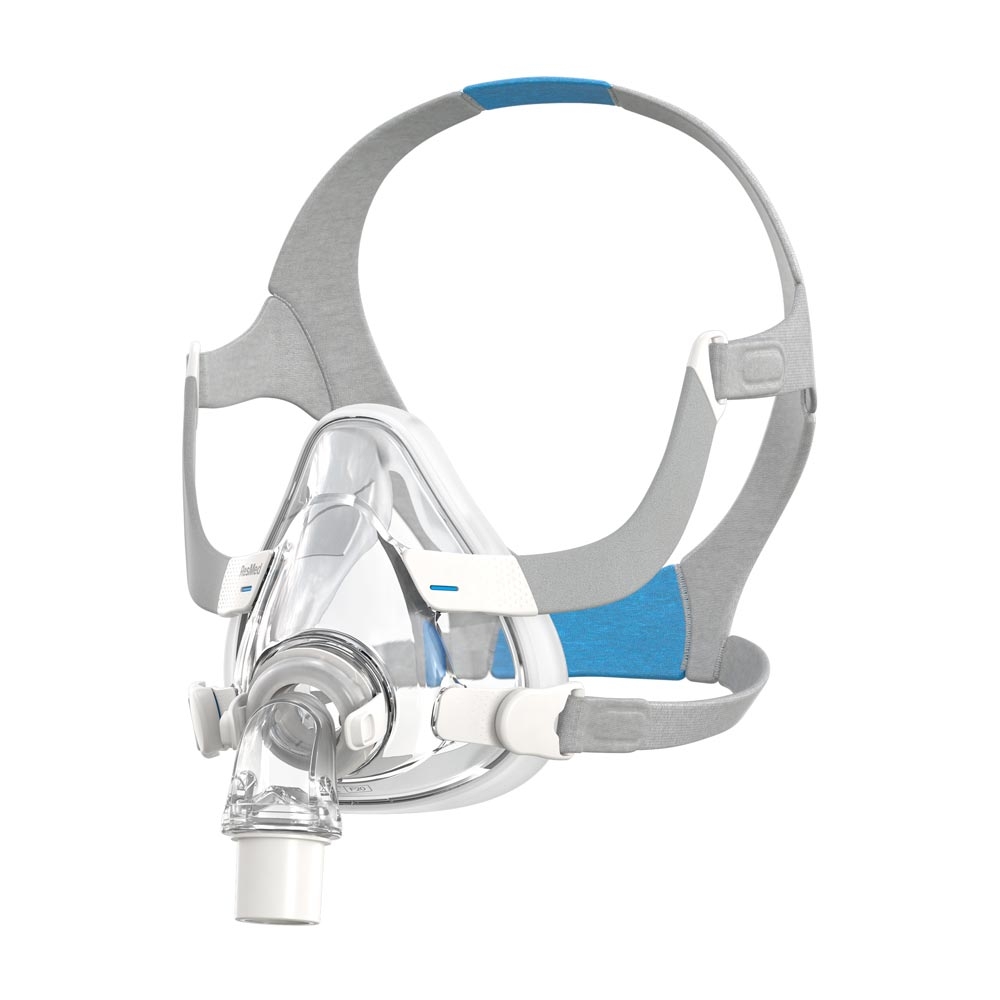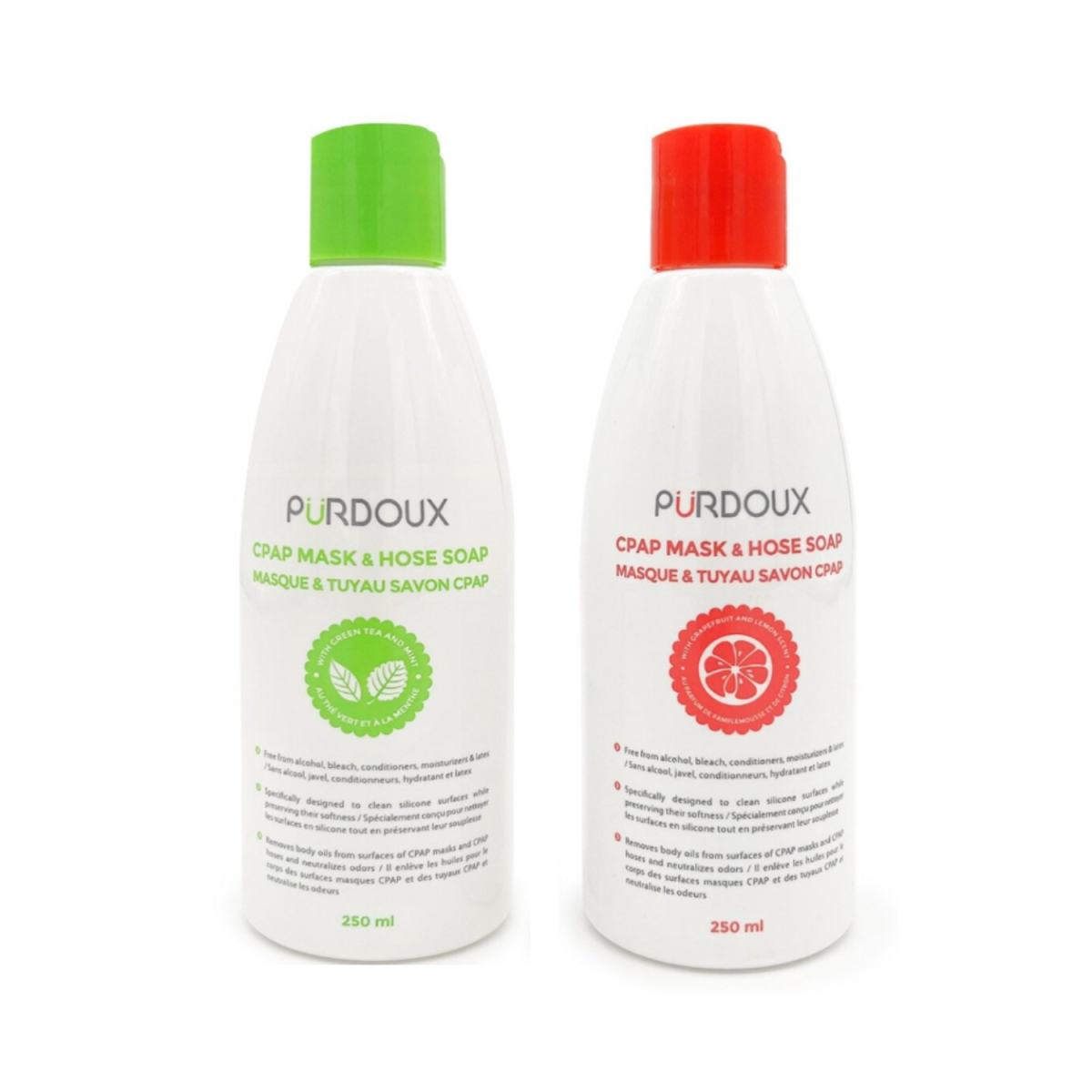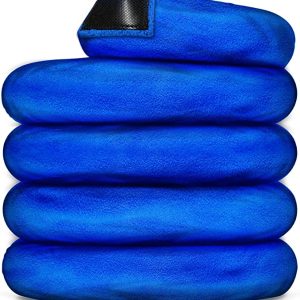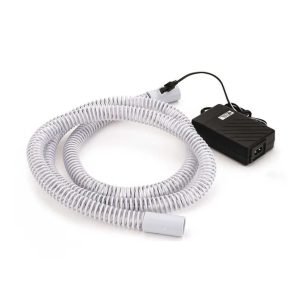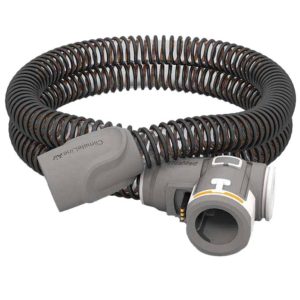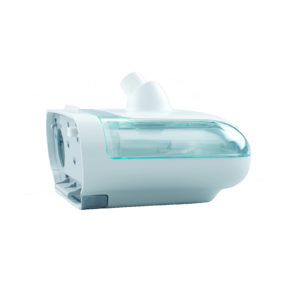We have a 90-day warranty on our CPAP masks. Offering a variety of types and styles to suit as many users as possible.
Last updated on February 20th, 2024 at 01:56 pm
Are you waking up in the morning with a dry mouth and nose? If so, then this is a common side effect of CPAP (Continuous Positive Airway Pressure) therapy. You might be wondering why your mouth is dry while using CPAP therapy. This page will help you understand what causes this and simple ways to stop it.
Why am I waking with a dry mouth?
CPAP is the most popular form of treatment for Sleep Apnoea. It works by providing airflow through a CPAP mask to prevent the airways from closing. Like many treatments, there can be side effects, but these are easily solved!
If you use a CPAP device, you might find that the air pressure flow is causing you to wake up with a dry mouth, nose or throat. It can be hard to stick to using your CPAP device when you find it uncomfortable and suffer from dryness.
So, how does CPAP therapy cause a dry mouth?
- Mouth Breathing – There are two types of CPAP masks: nasal masks (which cover just the nose) and full-face masks (which cover the nose and mouth). Those who use a nasal mask and open their mouth during the night may be affected by a dry mouth.
- Mask Leaks – Another reason you could suffer from a dry mouth is that your mask is leaking air. This can be due to it not fitting correctly. If your mask is too big or too small, mask leaks occur. The air leaking out can dry out your mouth or nasal passages. If you use a humidifier and suffer from a dry mouth, this could be because your mask is leaking or the pressure is incorrect. Dry air from the room can leak into your mask while the warm air escapes.
- Decreased Saliva Flow – Your saliva keeps your mouth moist and can be reduced by the high pressure of your CPAP device. Without this, it causes a dry mouth.
There are other reasons you may suffer from a dry mouth that do not relate to CPAP therapy. However, it is helpful to rule these out before making any changes to your therapy:
- Medications – Different medications can commonly cause a dry mouth—for example, antidepressants, sedatives and decongestants (if you use any medications, please check if dry mouth is a symptom).
- Dehydration – Dehydration is formed when there is insufficient fluid in the body. Age can impact the development of dehydration, as our sense of thirst can decrease when we age.
Ways to stop CPAP dry mouth
Fortunately, there are ways to stop waking up with a dry mouth. Over 40% of CPAP users struggle with a dry mouth; here’s how to relieve yourself of the problem:
Use a CPAP Humidifier
The cold, dry air provided by your CPAP device can cause a dry mouth and chapped lips.
When you breathe without a CPAP, your nose works as a natural humidifier, using your body temperature to warm up the air inhaled. The air your CPAP device provides reaches your upper airways before you have time to warm it naturally. A CPAP humidifier works by warming up the air you breathe from your CPAP, removing the risk of a dry mouth.
Did you know you can use your humidifier in the Summer? Please note that humidifiers require distilled water, not tap water. If you intend on travelling, you could consider a Disposable Humidifier, these last for up to 24 hours. If you already use a humidifier, increasing your humidity level in the setting may help a dry mouth.
Find the most suitable CPAP mask
If you’re finding your mask does not fit correctly, and you’re suffering from mask leaks – you could try a different size or choose a different mask style. Most CPAP machines will provide you with mask leak alerts to help you troubleshoot this issue. Check your device data for any information on mask leaks. For example, if you use ResMed’s AirSense 10, you can find this information within the myAir app.
If you breathe through your mouth at night or sleep with your mouth open – switching from a nasal mask to a full-face mask could also significantly improve your comfort in your mask and prevent dryness.
Clean & replace your supplies
To make your mask and equipment last its lifespan, cleaning your CPAP equipment is essential. Regular cleaning removes bacteria and oil build-up and helps your mask keep its elasticity and quality.
Remember that you will need to replace your CPAP mask every 3 months. The condition of your mask parts can cause mask leaks. Replace mask/mask parts if they show any wear or tear or if you feel the mask is not working as efficiently as when you first purchased it.
Relieve nasal congestion
Using a nasal irrigator will help you avoid breathing through your mouth and increase the risk of dryness. For example, you could try the SinuPulse Elite Nasal Irrigator, as it is a fast and effective way to relieve nasal congestion.
Stay hydrated
Although dehydration may not be the cause of your dry mouth, it can make it worse. Aim to drink eight 8-ounce glasses of water daily; rehydrating will benefit your CPAP therapy. Staying hydrated helps prevent colds, congestion and a sore throat.
Use heated tubing
If you already use a humidifier with your CPAP device, adding heated tubing will benefit your CPAP therapy. Heated tubing prevents ‘rainout’ from occurring in your mask. This is when the warm arm made by your humidifier cools and causes condensation- not every CPAP user comes across rainout. Using heated tubing ensures you’re supplied with the full benefit of humidified air – as it prevents the cool-down process from the CPAP machine through the tube and into the mask.
If you need further advice, please contact us to speak to one of our friendly team.

